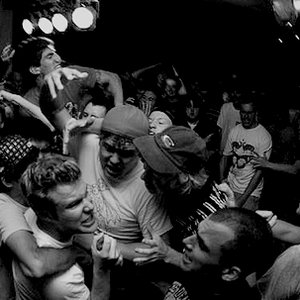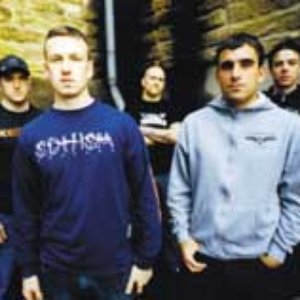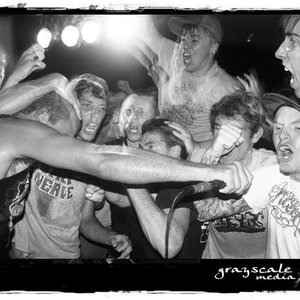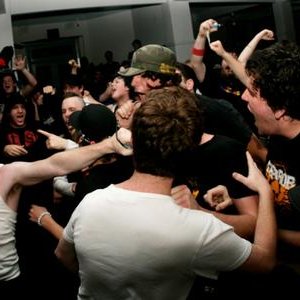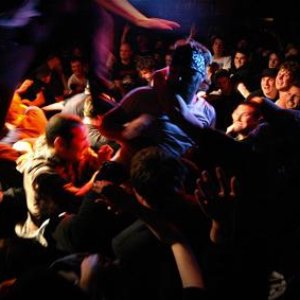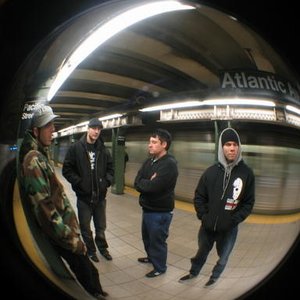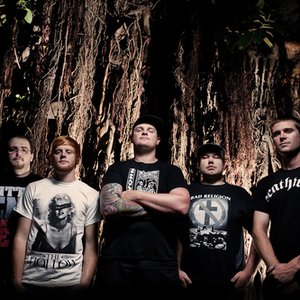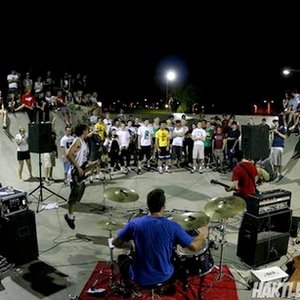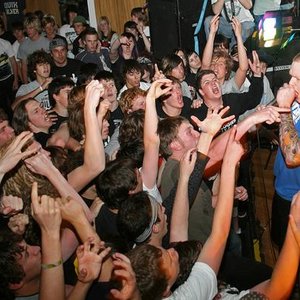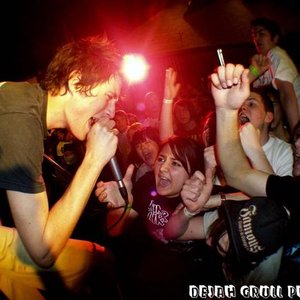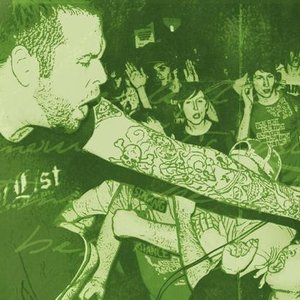传记
BAD BLOOD From Beijing China.
BEIJING – Casper Markus is slouching against the wall of a Beijing nightclub, sizing up the stage where his hip-hop group will perform that night. "It's too small," he complains. "I could fall off. I want a big stage."
He's a sullen 22-year-old kid with a bandana around his head, a former car thief from a Scarborough, Ont., immigrant ghetto who spent eight months inside Toronto's Mimico Detention Centre for drug possession and robbery. It was a rough stretch in a notoriously violent and gang-ridden jail. He survived by writing rap lyrics, reading Malcolm X, and winning protection from a Vietnamese gang called the Twelve Buddhas.
Last summer he hit rock bottom. Fired from his English-teaching job in Beijing (he says he was "too yellow" for a school that preferred white teachers), he was flat broke. He retreated to his mother's apartment and an $8-an-hour job at a Timberland warehouse in Toronto.
A few weeks later, he got a call from some buddies in Beijing. Within days he was in a recording studio with three friends. And then, improbably, the kid from Scarborough became a Chinese star, one of the godfathers of China's fast-rising hip-hop scene.
His group, Yin Ts'ang, has already sold 70,000 copies of its debut album. The album, Serve the People, is the first by a Chinese hip-hop group, and the first to feature original rap in both English and Chinese. Its legal sales numbers are extraordinary in a country where pirating is rampant. The four-member group - two Americans, a Chinese-Canadian and a Beijing native - were recently named top group on a music show on Chinese state television.
"In a market where you can buy any CD from anywhere for a dollar at any corner shop, they've been a tremendous success," says Francis Acquarone, a concert promoter in Beijing. "They're pioneers. In the future, everyone will remember Yin Ts'ang as the first hip-hop crew that made it work. Every young Chinese kid who wants to be cool is into hip-hop now."
Following the success of their debut album, the group is already negotiating a deal for a second album, and Casper – his buddies call him Mark, but his stage name is Sbazzo in honour of his aggressive half-crazed rap style – is preparing tracks for a solo album. He has become a mentor to China's brightest young rappers, teaching them the swaggering gangsta-rap styles that he learned as a teenager on the mean streets of a Jamaican neighbourhood in Scarborough.
"I'm having a lot of fun," he says. "At home I couldn't live off hip-hop. Here it's a brand-new opportunity. It's getting more exciting, with a lot of new people getting into the scene."
By the end of the night, more than 900 hip-hop heads will have crowded into Club Mix to see Yin Ts'ang and another Chinese-Canadian star, the scratch DJ Kid Koala, a turntable maestro from Montreal who is touring China as part of a concert series called Arctic Groove sponsored by the Canadian embassy in Beijing.
The story of Casper Markus is proof of the possibilities. As a teen, the son of parents who had emigrated from Beijing, he was the only Chinese rapper in his neighbourhood. Duelling on the streets with Jamaican and Trinidadian kids, he was a "battle MC" who rapped about gangs, drugs and guns.
He dropped out of school in Grade 10 and ended up in the Mimico youth detention centre for possessing marijuana and stealing a Dodge Caravan. "I was a crazy kid, a dumb kid," he says.
His mother, desperate to straighten him out, sent him back to Beijing to study at a local university. He quickly hooked up with members of the nascent Yin Ts'ang (the name means "underground" in Chinese).
After his four-month hiatus in Canada last year, he returned to Beijing when the band signed a record deal. Their first album, released in December, was an instant hit, and soon they were performing for crowds of up to 20,000 people.
Mark found himself doing commercials for companies selling candy, soft drinks, Adidas and Nike sports shoes, and the Chinese basketball league. The money was good, but his lyrics were heavily edited. "I felt like a slave," he says.
On the debut album, the lyrics were toned down to the point of blandness. Their biggest hit was Welcome to Beijing - a light-hearted rap about the tourist highlights of the Chinese capital, from the Great Wall to the Forbidden City. "It's kind of lame," he admits. "It's not really hip-hop, but wherever we go, people want to hear it."
"I'm a street rapper, I rap about the ghetto, the street, what's real," Mark says. "Hip-hop is a people-to-people thing, two rappers in a park. But here in China, hip-hop came in as a commercial thing. It's a fashion – they're imitating American gangsta rappers. They're just trying to be cool."
While he often raps in Chinese, he finds the language still creates its own problems. Mocking a rival, or injecting an obscenity, somehow doesn't work as effectively in Chinese. And censorship is pervasive. "In Chinese, you have to keep it smooth. You can't swear, you can't talk about the government, drugs, girls, the stuff happening on the streets. It takes away a lot of the fun. It makes me nervous – I'm afraid a bad word will come out. I have to hold back."
On his solo album, he hopes to push the limits. He has written a song called I Represent that talks about the ghetto, the people who emigrated, and even the destruction of traditional courtyard homes in Beijing. "I don't think that's too much to say," he insists. "I'm still hungry. I still want more."
每个人都可以编辑 Last.fm 上的艺术家描述,欢迎奉献您的力量!
此页面所有用户贡献的文字均根据 Creative Commons Attribution-ShareAlike License 授权;可能适用其他条款。
